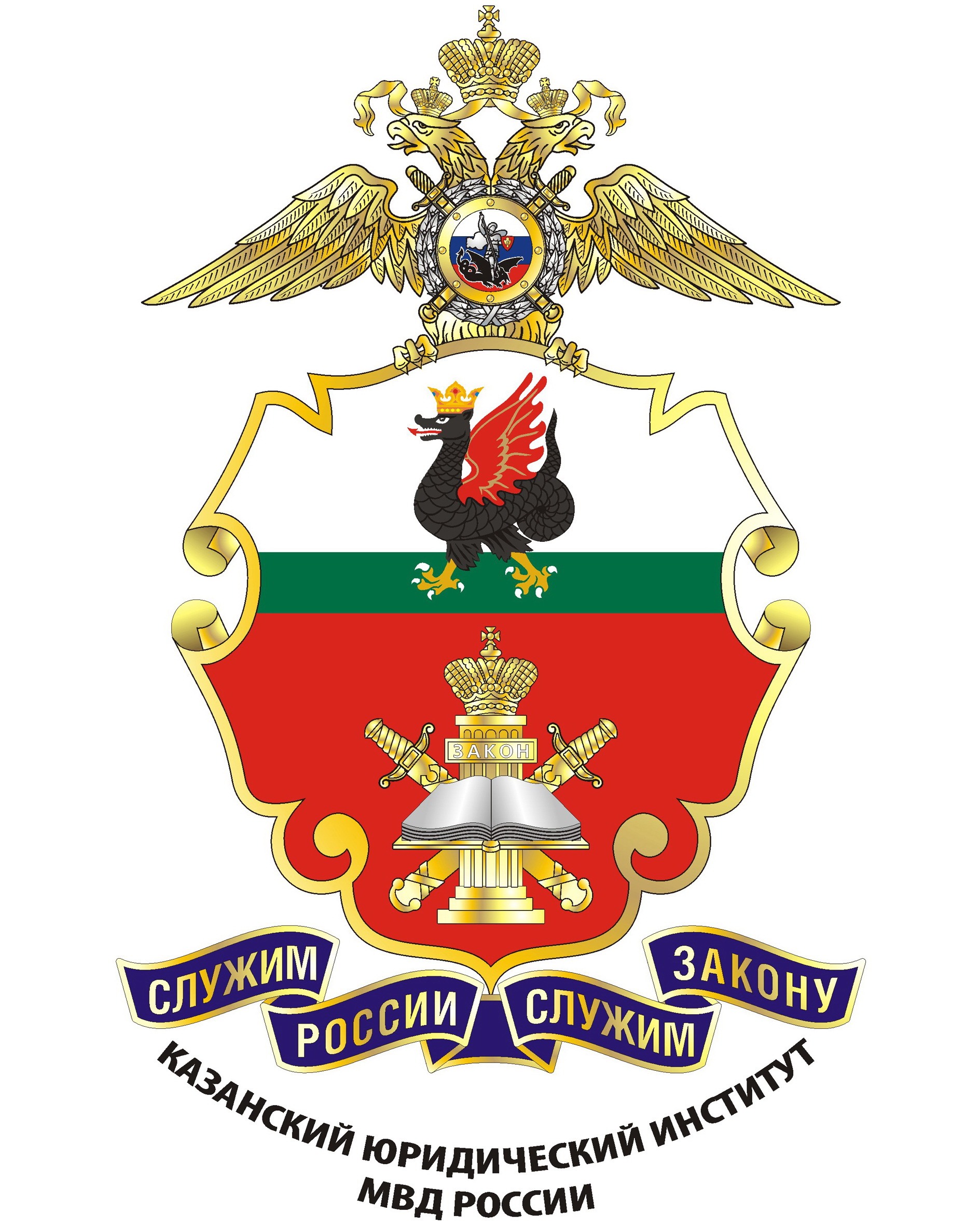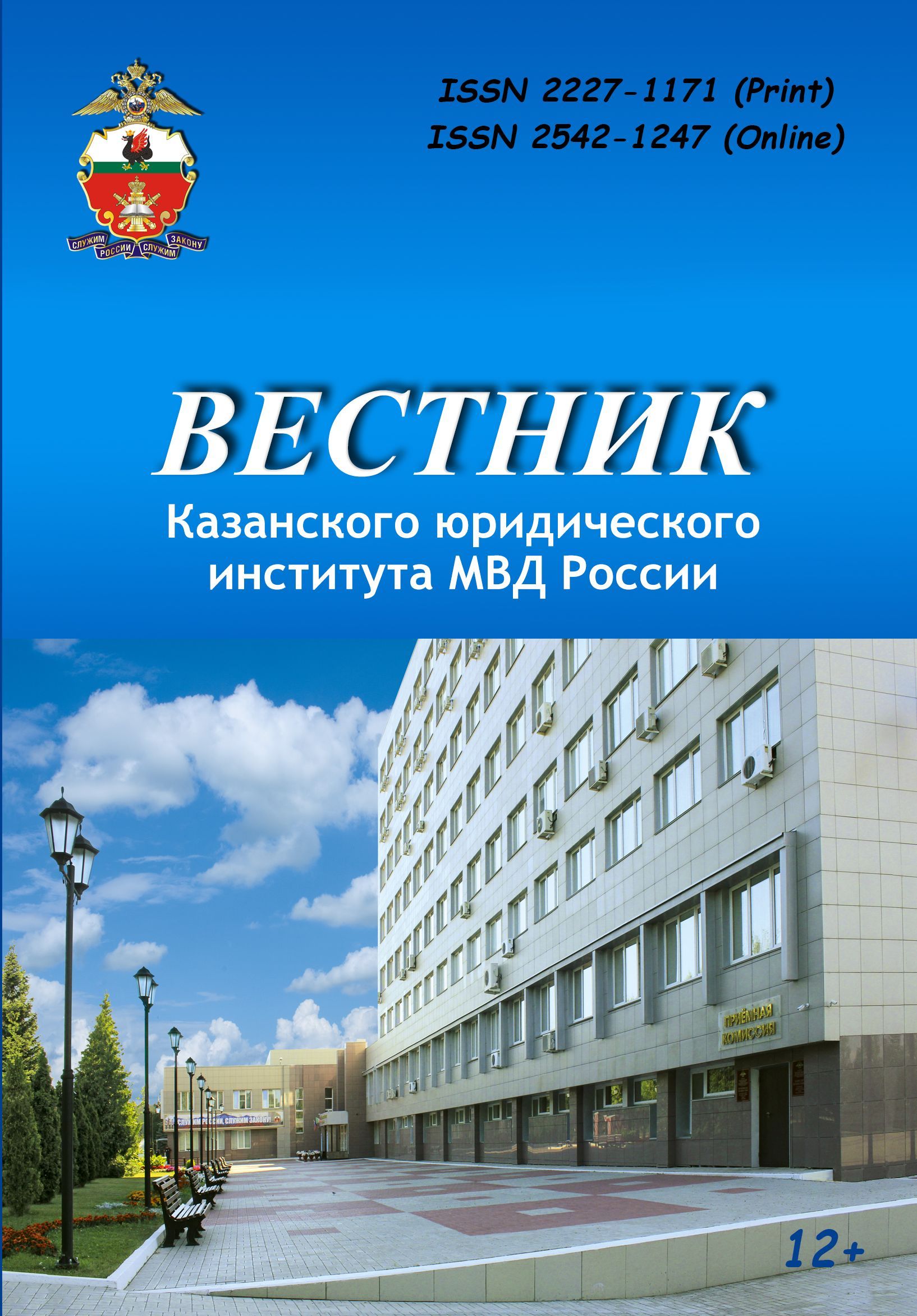Introduction: the article considers the explicit and hidden ideological nature of the evidentiary compromise with the consent of the accused with the charge brought against him/her in the criminal case. The article describes events confirming tendencies of active implementation by the legislator of compromise tools in the fight against crime. The author suggests that the procedure for taking a court decision with the consent of the accused with the charge brought against him/her in the criminal case can today be regarded as a special and alternative form of compromise. Materials and Methods: the methodological basis of the work presented was the fundamental principles of the theory of cognition (epistemology), developed in the science of philosophy, built on general scientific dialectical forms of establishing objective reality. In the course of work on the article, the following methods were applied: formal-logical, statistical, systemic, comparative-legal and sociological (questioning, interviewing, interviewing). Results: the author reasonably states that a prospective evidentiary model, an alternative and compromise (conflict-free) form of the criminal case sanction has been created in the Russian criminal trial. In particular, the legislator has formed a special compromise procedure for the court to take a final decision on the case with the consent of the accused with the charge, while strictly adhering to the principles of criminal justice in its implementation. The author sets forth the judgments connected with the elevation of the evidentiary compromise to the level of the idea. Taking into account the system analysis, some problems and ways of improving this alternative and compromise and at the same time proving procedure are considered. Discussion and Conclusions: the author comes to the conclusion that the alternative and compromise, and at the same time, evidentiary form, reflects the differentiation of the modern Russian criminal process, allows for obvious and real criminal cases to avoid unnecessary expenditure of time and forces of the court and parties, and the court to pay more attention to the resolution of complex and controversial cases, especially for particularly serious crimes.
ugolovnyy process, ugolovnoe delo, kompromiss, obvinyaemyy, osobyy poryadok, dokazyvanie po ugolovnomu delu
1. Markelov A.G. Kompromiss v ugolovnom sudoproizvodstve Rossii v svete realizacii osobogo poryadka sudebnogo razbiratel'stva po ugolovnym delam pri soglasii obvinyaemogo s pred'yavlennym emu obvineniem // Ugolovno-pravovaya prevenciya v sfere oborota narkoticheskih sredstv ili psihotropnyh veschestv, alkogol'noy i spirtosoderzhaschey produkcii (regional'nyy aspekt): sbornik materialov Vserossiyskoy nauchno-prakticheskoy konferencii. Cheboksary, 2015. S. 505-509.
2. Markelov A.G. Inye dokumenty kak dokazatel'stva v Rossiyskom ugolovnom processe: avtoref. dis. … kand. yurid. nauk. N.Novgorod, 2004. S. 3.
3. Petruhin I.L. Konceptual'nye osnovy reformy ugolovnogo sudoproizvodstva v Rossii // Konceptual'nye osnovy reformy ugolovnogo sudoproizvodstva v Rossii: materialy nauchnoy konferencii 22-23 yanvarya 2002 g. M.: Prospekt, 2002. S. 6-17.
4. Halikov A.A. Voprosy, voznikayuschie pri osobom poryadke sudebnogo razbiratel'stva // Rossiyskaya yusticiya. M.: Yurid. lit., 2003. № 1. S. 63-65.
5. Lazareva V.A. Novyy UPK: Osobyy poryadok prinyatiya sudebnogo resheniya pri soglasii obvinyaemogo s pred'yavlennym emu obvineniem // Ugolovnoe pravo. 2002. № 2. S. 69.
6. Didenko N.S., Kuznecov S.M. Tendencii i vozmozhnye posledstviya razvitiya uproschennyh proizvodstv v Rossiyskom ugolovnom sudoproizvodstve // Yurist' - Pravoved'. 2014. № 2 (63). S. 75-78.
7. Golovko L.V. V hode reformy sudebnyh stadiy mozhno ispravit' oshibki v postroenii proverochnyh stadiy // Ugolovnyy process. 2013. № 12. S. 32-40.















